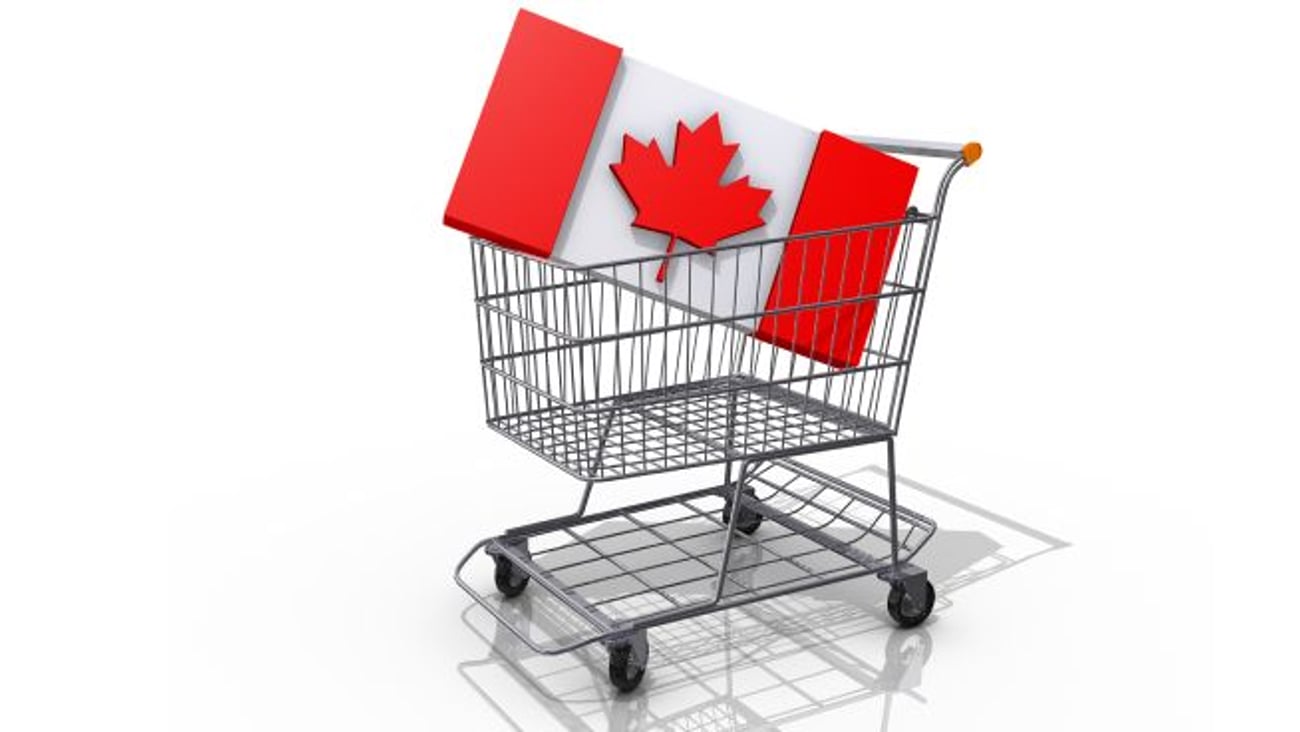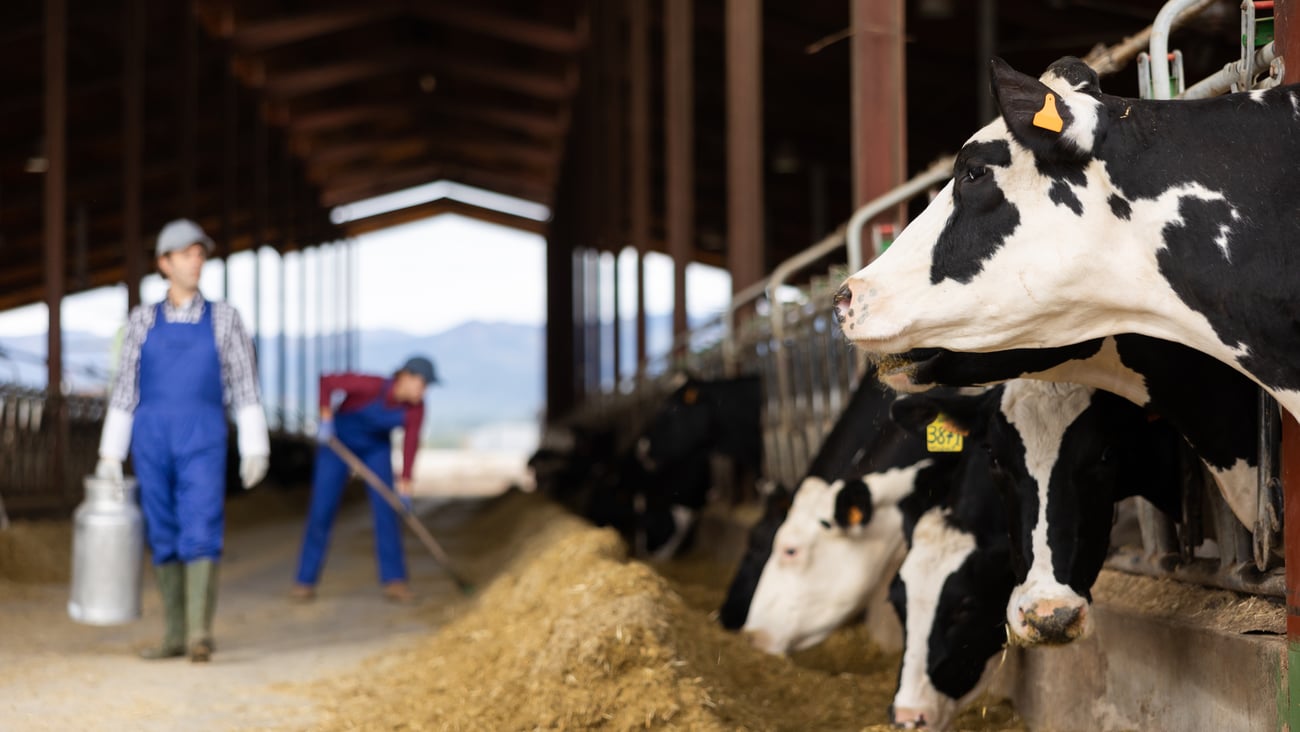Sugar coating the truth about soft drink taxes
A recent study suggesting a direct link between a tax on sweetened soft drinks in Mexico and a subsequent lower rate of consumption is forcefully disputed by the soda industry.
Beverage companies are arguably concerned that Mexico could be used as a case study for other industrialized nations around the globe, including Canada. In fact, the study goes as far to state that soft drink sales would have been much more robust without the tax.
For decades, policy-makers and consumer groups alike have advocated for more taxes on sweetened drinks and sugary food products. Industry argues that public education is key while public health advocates claim that higher price points at retail can effectively be used as deterrents for consumers looking for a sugar fix. Still, the debate rages on.
The Mexican study itself is interesting. First off, stakes are very high in Mexico as it currently has one of the highest obesity and diabetic rates in the world. Mexico’s love affair with soda is legendary. Babies in strollers can easily be spotted with soft drinks in hand, while in the highlands of Chiapas, Coca-Cola is actually considered to have mystical powers and is used in religious ceremonies.
Imagine. Obesity rates were increasing at such an alarming rate that the Mexican government opted to act quickly, following in the footsteps of France, Finland, Hungary and some American states by implementing a new tax on sweetened drinks that increased retail prices by about 10%. The study had an impressive sample size of over 6000 households in 53 different cities in the country.
It concluded that, between January 2012 and December 2014, soft drink purchases declined by 12% on average, and by 17% for families with less means. While reported soft drink sales declined, sales for non-sweetened beverages increased by 4%. The tax was implemented at the start of 2014, so the survey ended 10 months after the new tax was put into force.
The results of this study are very encouraging, but effect that the tax may have had on Mexicans remains unclear. From a methodological point of view, soda taxes are particularly challenging to survey. It is difficult to isolate their effects as countries tend to tax many other food products. Chips and cookies were also in scope of the Mexican tax and the survey fails to assess how the tax has affected overall sugar consumption per household.
One study in 2013 prescribed that retail taxes on soft drinks may lead to higher fat and sodium intake due to substitution, negating the effect of consuming lower rates of soda. In fact, one industry group claims that the new tax reduced caloric intake per consumer by only 6 to 7 calories, suggesting that the health benefits of the tax are negligible at best. Yet many industrialized countries, including the UK, are thinking about implementing similar taxes.
Here in Canada the pressure is not dissipating, and many provincial governments have had serious policy discussions about implementing a sales tax on soft drinks. A survey conducted a few years ago by Public Health Agency of Canada suggested that more than 40% of Canadians would support such a tax if collected funds were used to fight childhood obesity, although whether governments would actually spend this new tax revenue in such a manner is a whole other matter.
The spectre of a soda tax is clearly keeping many soda executives up at night and companies are spending a great deal of resources persuading the public that education and a sustained commitment by all stakeholders involved are key. Over 30 jurisdictions around the world, including the Obama administration, have tried to adopt a similar tax, but these political efforts proved to be no match for the highly organized pro-industry lobby.
These companies are concerned that soft drinks could become the liquid version of the cigarette, inasmuch as their product could be the next to be demonized by the public at large. So if Canada and the provinces want to follow in Mexico’s footsteps, lawmakers need to be ready for a fight.
Despite the talk of implementing more sales taxes, sluggish sales of sugary beverages in recent years may actually be providing ammunition for the industry. With sales decreasing steadily by a whopping 4% every year, consumers seem to be getting the picture without the need for government interjection.
As health-oriented habits inspire decisions in food stores and restaurants, sugary drinks simply have less currency than a few years ago and the public is making the decision to consume fewer of these types of drinks on their own. It also seems unlikely that this trend will change any time soon. However, even though people are drinking less soda, obesity rates are still on the rise.
What’s clear is that the culprit responsible for negative health effects on Canadians is not soda, but sugar - or specifically added sugar - itself. On average, Canadians get barely 2% of their calories from soft drinks and the impact of the sugar from these drinks is negligible when one considers that nearly 80% of all food products have added sugar.
Absent from new food labelling rules introduced in June 2015, weeks before the federal election last year, is the requirement to list exactly how many grams of added sugar, or “free sugar”, is contained in food products. Given that it is added sugar that is often linked to health problems like obesity, and that added sugar is found in so much of the food that Canadians consume, clearly labelling food products should be a much higher priority than taxing soda.
The market is slowly recognizing that the excessive consumption of soft drinks may not be a good idea. However, consumers need to be given a chance to make educated and informed choices about all the food that they consume. Ottawa shouldn’t waste its time figuring out what food products should and should not be taxed. Instead, legislators should be concerned about allowing consumers to know exactly what they are buying and how much sugar they are actually putting into their bodies.




